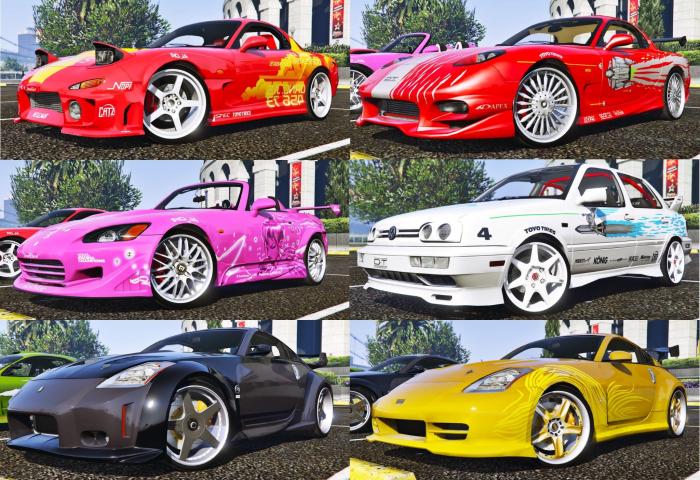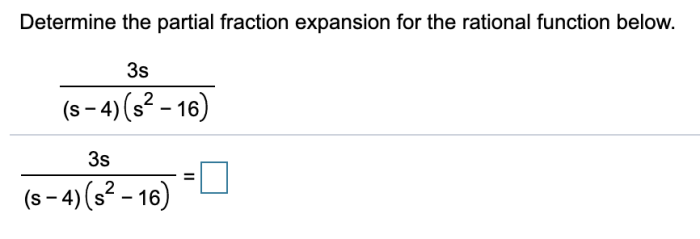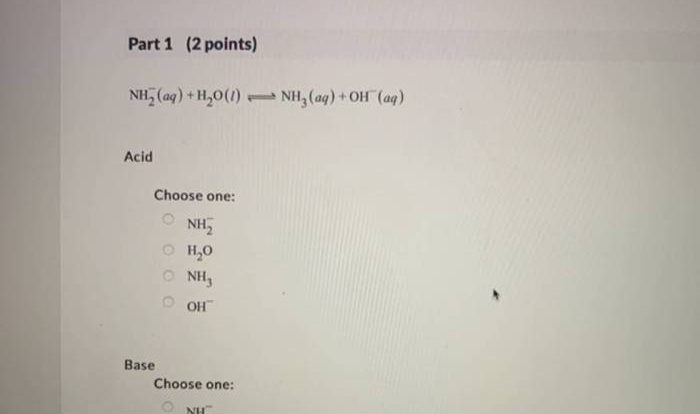Driving a motor vehicle often requires __________ reaction time. – Driving a motor vehicle often requires quick reaction time. This is because drivers must be able to respond quickly to changing traffic conditions, such as other vehicles, pedestrians, and road hazards. Drivers who have slow reaction times are more likely to be involved in accidents.
There are a number of factors that can affect reaction time, including age, experience, and fatigue. Younger drivers and drivers with less experience are more likely to have slower reaction times than older drivers and drivers with more experience. Drivers who are fatigued are also more likely to have slower reaction times.
Importance of Reaction Time in Driving

Driving a motor vehicle often requires __________ reaction time. Quick reaction time is crucial for safe driving as it enables drivers to respond appropriately to unexpected situations and avoid accidents. Delayed reaction time behind the wheel can have severe consequences, including collisions, injuries, and even fatalities.
Rapid response is particularly critical in situations such as sudden stops, lane changes, and merging into traffic.
Factors Influencing Reaction Time
Several factors can affect reaction time, including:
- Age: Reaction time tends to slow down with age due to reduced cognitive processing speed and sensory perception.
- Experience: Experienced drivers generally have faster reaction times than novice drivers due to familiarity with driving conditions and anticipation of potential hazards.
- Fatigue: Drowsiness and exhaustion can significantly impair reaction time by reducing alertness and cognitive function.
- Distractions: Cell phone use, texting, eating, or other distractions can divert attention away from the road and slow down reaction time.
- Substance use: Alcohol, drugs, and certain medications can impair cognitive abilities and reaction time, increasing the risk of accidents.
Improving Reaction Time, Driving a motor vehicle often requires __________ reaction time.
Improving reaction time is essential for safer driving. Here are some techniques:
- Practice defensive driving: Anticipate potential hazards, maintain a safe following distance, and scan the road ahead for potential risks.
- Maintain alertness: Get adequate sleep, avoid driving when fatigued, and stay hydrated.
- Reduce distractions: Avoid using cell phones, eating, or engaging in other distracting activities while driving.
- Use technology: Lane departure warning systems, adaptive cruise control, and other technologies can enhance reaction time and provide additional safety features.
Legal Implications of Reaction Time
Reaction time plays a significant role in determining legal responsibilities in driving. Drivers are expected to maintain a reasonable reaction time and respond appropriately to traffic situations. Failure to do so can result in legal consequences, including:
- Traffic violations: Failing to react adequately to traffic signals, stop signs, or other traffic regulations can lead to fines and penalties.
- Negligence: In the event of an accident, a driver’s reaction time can be used to determine negligence and liability.
- Criminal charges: In cases of serious accidents involving injuries or fatalities, a driver’s reaction time may be considered in determining criminal charges, such as reckless driving or vehicular homicide.
FAQ Corner: Driving A Motor Vehicle Often Requires __________ Reaction Time.
What is reaction time?
Reaction time is the amount of time it takes for a person to respond to a stimulus. In driving, reaction time is the amount of time it takes for a driver to respond to a hazard, such as another vehicle, a pedestrian, or a road hazard.
What are the factors that affect reaction time?
There are a number of factors that can affect reaction time, including age, experience, fatigue, distractions, and substance use.
How can I improve my reaction time?
There are a number of things that drivers can do to improve their reaction time, including practicing defensive driving, maintaining alertness, and reducing distractions while driving.









